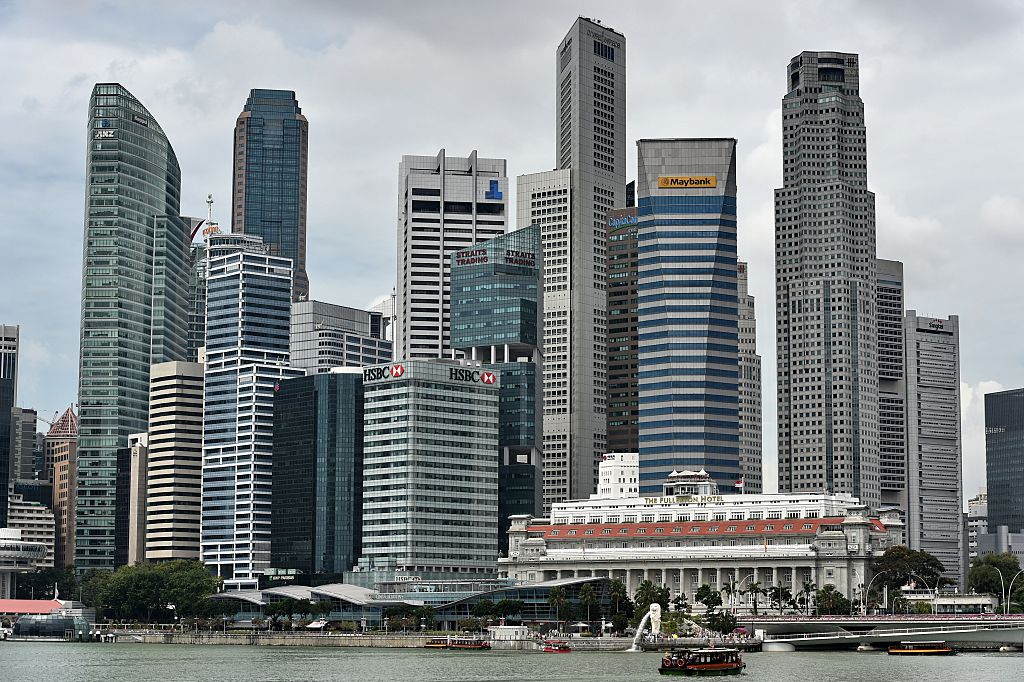Amnesty International calls on the Singapore government to cease its attacks on those calling for an end to discrimination against LGBTI students in the country. On 26 January, Singapore authorities arrested three protesters, including students and other supporters, for participating in a demonstration held outside the Ministry of Education (MOE). In the past two weeks, police have questioned other individuals, including a journalist, even though they did not participate in the demonstration. The arrests of the protesters and the questioning by the police of several individuals is taking place in the midst of a public debate about the treatment of LGBTI people
in the education system. These debates started after a transgender student alleged on social media that the Ministry of Education blocked her doctor-recommended hormone therapy.
On 26 January at 5pm, five protesters held a demonstration outside the Ministry of Education to call attention to the discrimination of LGBTI people in the Singaporean education system. After police authorities insisted they disperse, two of the protesters left of their own volition. The police then arrested the remaining protesters — Elijah Tay, Lune Loh and Kokila Annamalai under the Public Order Act. All three were later released on bail after a few hours. Investigations into the protesters continue, with no charges confirmed yet.
The protesters who left the demonstration and were not arrested were later called in for questioning by police authorities. An independent journalist, Kirsten Han, was also called for questioning by the police after being on the scene and reporting extensively on the incident, as were other contacts of those arrested despite having not been present at all at the protest.
Amnesty International views the shutdown of the peaceful protest outside MOE, and the subsequent arrest and investigation of those participating, as a violation of the right to peaceful assembly and freedom of expression. The organization is also deeply concerned by the questioning of people who did not participate in the protest, including a journalist, which is seemingly an effort to harass and intimidate the press and the public, to deter others from speaking out on the issue of LGBTI rights. While everyone has the right to meet or assemble peacefully, the UN Special Rapporteur on Human Rights Defenders has stressed that states must ensure the protection of defenders who may challenge perceptions, including those about sexual orientation and gender identity, and allow for discussion that may seek to expand peoples understanding of these issues as an important provision for the ongoing development of human
rights.
The use of oppressive laws, as well as harassment and intimidation to curtail free speech is well documented in Singapore. Outdoor demonstrations in Singapore are restricted to only one specific area, Hong Lim Park, which is currently closed due to COVID-19 restrictions. Under the Public Order Act, public talks, religious assemblies and political protests are heavily controlled. Authorities have wide discretion to reject permit applications for events, which can also be cancelled, postponed or moved at the last minute. Numerous activists and human rights defenders have been charged and prosecuted under the Act, resulting in a further chilling effect
on an already stifling environment for free speech in the country.
The Ministry of Education protest took place amid public debate about the discrimination of LGBTI people in schools. The issue came to national attention after Ashlee, a transgender student chose to speak publicly about the discrimination she was facing at her secondary
institute. In online posts, Ashlee described how she had been threatened with expulsion, misgendered, told to cut her hair and told to conform to the boy’s dress code, by her educational institute. She also described how she was denied access to Hormone Replacement Therapy (HRT) by the Ministry of Education, after she was told that the Ministry would need to work with the school before Ashlee could be referred to HRT and that if she was to received treatment, it could only be at a reduced dosage which enabled her to fit into the boys uniform.
When questioned in Parliament on the government’s policies on transgender students, the Minister of Education Lawrence Wong stated that while the government has a duty of care to students, “issues of gender identity have become bitter sources of division in culture wars in Western countries and societies” and that Singapore should not “import” such culture wars or “allow issues of gender identity to divide our society.” An especially damaging and inaccurate discourse that has evolved in numerous regions of the world around LGBTI rights is that they are a ‘Western concept’ that is incompatible with local culture. This discourse is harmful because it silences the experiences of LGBTI people, erases the varied lived histories of LGBTI people in these countries and regions over decades, and puts them further at risk of attack, harassment, and discrimination. Dealing with discrimination, stigma, and dehumanising attitudes is
especially draining and distressing for young people.
Amnesty International calls on the government to take immediate steps to end systematic discrimination and stigmatizing attitudes and policies that limit the human rights of transgender and other LGBTI people and immediately end its investigation and intimidation of those defending their rights. The organization reiterates the responsibility of the Singapore government to ensure the full enjoyment of human rights for individuals of all sexual and gender identities. This includes ensuring that LGBTI people are free from discrimination, including in the education system and in their access to appropriate and adequate health care. Transgender students should have access to gender-affirming support and treatment and the same privileges as other students. In addition to protecting the human rights of LGBTI students, the government should immediately cease its investigations into the group of MOE protesters defending LGBTI rights and end its intimidation and harassment of journalists and others who had no participation in the protest itself.


